Iran, the U.S. and the future of Iraq
Sadeq Kharazi:
Iraqi Prime Minister Nouri al-Maliki paid visits to neighboring countries in the course of the past two weeks making headlines both in Iraq and outside the country. Among these visits, his meetings with Iranian officials and the Iraqi leader Muqtada al-Sadr in Iran attracted attention in the Western countries particularly in the U.S.
It is argued in the American press that Iraqi leaders are not responding to the U.S. like before because the U.S. military presence in Iraq is scaling down and as a result the American influence seems diminishing in that country. Since the Iraqi parliamentary elections almost eight months ago, the American officials, particularly Vice President Joe Biden, have lobbied seriously with Iraqi leaders to form a government inclusive of major Iraqi players.
It is an open secret now that a few months ago, in a visit to Baghdad, Biden pressured Ayad Allawi-- whose coalition received the majority of votes in the parliamentary elections but did not succeed to gain the support of others to form a government-- not to insist on the position of premiership. It was said that, instead, the U.S. officials had inclined towards al-Maliki to form a government.
But, recently the American officials have signaled to the Iraqi leaders that they were not in favor of a speedy formation of the government anymore. The apparent reason is the U.S. fear that Muqtada al-Sadr might play a major role in the new Iraqi government. The U.S. regards Muqtada who has a history of anti-Americanism as close to Iran, thus not eligible to be a key figure in the future Iraq.
It seems that the new U.S Iraq policy is centered around anti-Iran strategy. The U.S. considers its interests in Iraq as opposed to those of Iran and hence so much anti-Iran propaganda following Maliki's visit to Iran and apparent endorsement of his government by Tehran.
The U.S. should find the answers to its problems in Iraq somewhere else. Blaming this country or that individual or group for its failed policy in Iraq does not solve the problems. American officials should try to find the real motivation for Iraqi political leaders in not paying great attention to them. The answer lies in the unsuccessful U.S. policy towards Iraq in the last seven years.
The recent disclosure of documents on the torture and maltreatment of Iraqis in the hands of U.S. forces provides yet another evidence why the U.S. policy towards Iraq is so unpopular in that country. The argument that the new Maliki's government will tilt more towards Iran than before is false on two grounds. First, Maliki used to enjoy the U.S. support till recently while the nature of his relationship with Iran has not changed. Second, the Iraqi politics are so complex that no single country can claim to have a big say in Iraq.
The sufferings of the Iraqi people during difficult years under Saddam Hussein and since his removal in 2003 should not be allowed to continue. To this end, concerted efforts by the international community inclusive of those of regional countries should take the lead in helping the Iraqis to solve their problems. It is in this context that Iraqi figures' visits to neighboring countries should not be construed as a challenge but an opportunity for establishing stability in Iraq.
The U.S. interests in Iraq and those of Iran are not mutually exclusive. The two countries can work together to provide support for the Iraqi democracy. The U.S. continues unabatedly its policy of hostility towards Iran without even considering its own interests in the region. In this situation, the U.S. cannot expect Iran to be supportive of its regional policies. The end of U.S. animosity towards Iran will not only be beneficial to the peoples of both countries but will also promote regional stability.




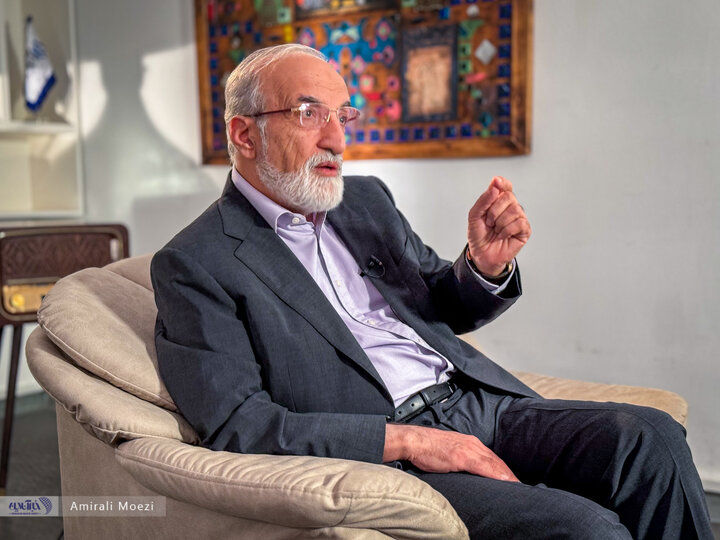
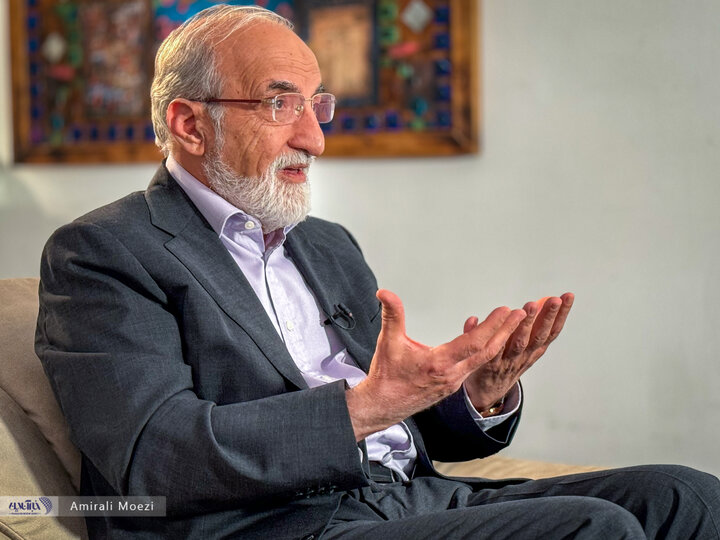
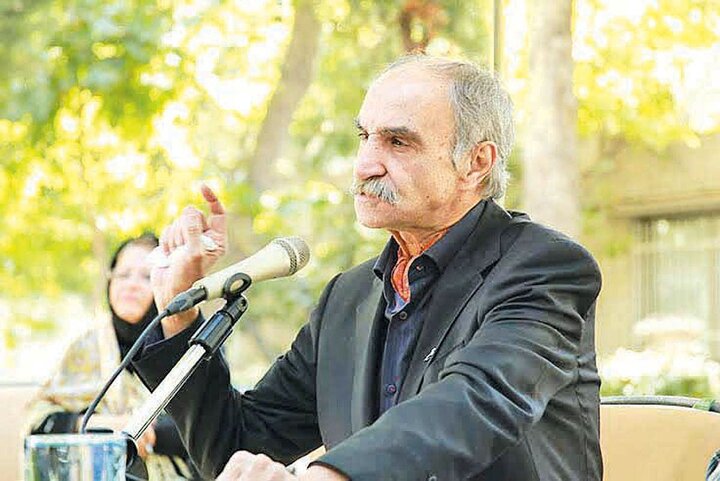
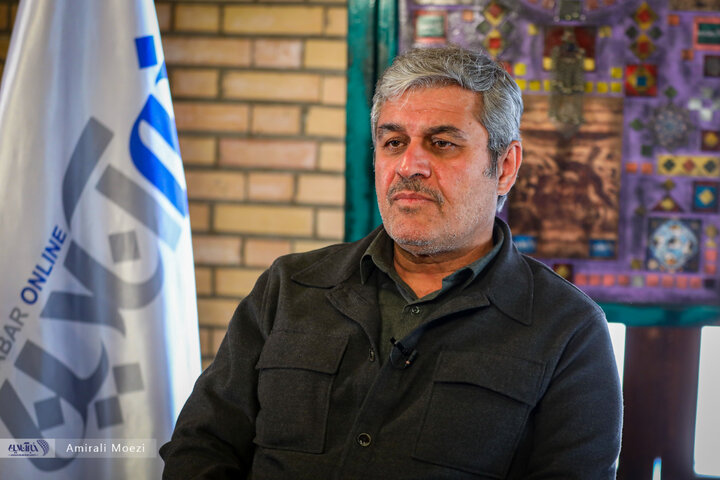



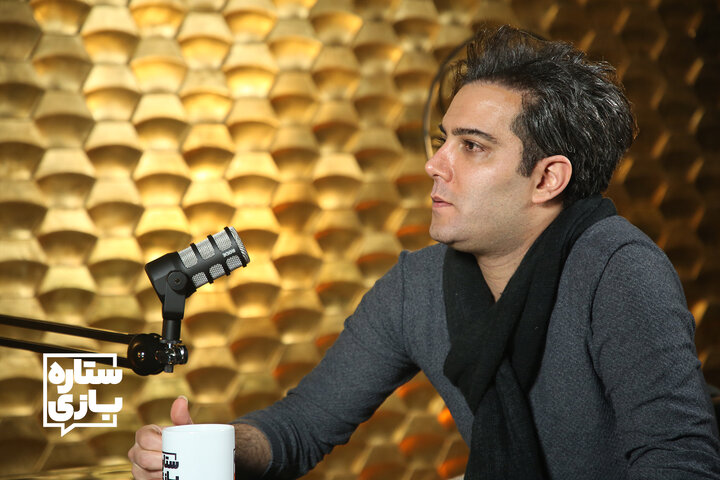
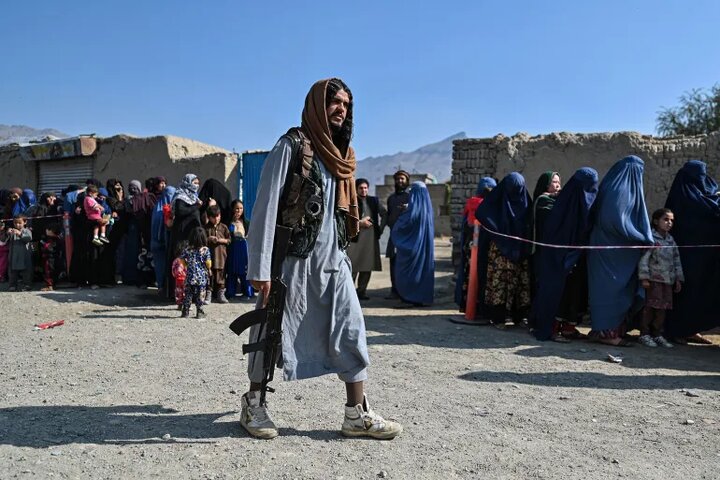





نظر شما